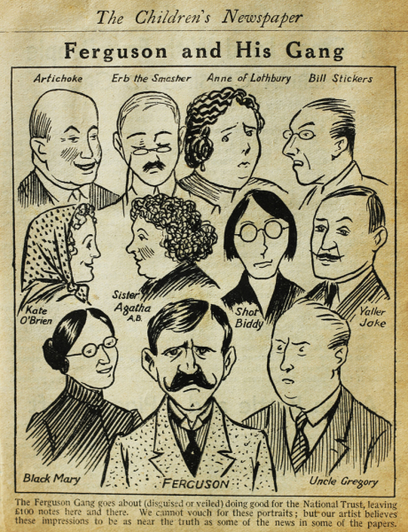I'm truly delighted by the announcement today of the shortlist for the eDunnit award at CrimeFest this year, which as you can see from the above graphic includes Sepulchre Street, the fourth book in the Rachel Savernake series. It's thrilling to achieve a degree of recognition for one's novels, and to be in a list alongside such other fine writers, including a number of international bestsellers, is truly an honour.
The award is for the best crime fiction first published in both hard copy and electronic format in the UK in 2023. I made the shortlist once before, with Gallows Court a few years ago, although I had to miss the awards ceremony because I'd committed to giving lectures on the Queen Mary 2 (yep, it's a tough life). Otherwise, I'd have moved heaven and earth to attend, because - win or lose - I think it's rather wonderful to be present at an event when your book, something you worked so hard for so long to create, receives a degree of acclaim. And in fact I booked to take part in CrimeFest and attend the awards dinner many months ago, not imagining for a moment that I'd get on to this shortlist.
I know some writers take a different view about attending awards ceremonies, usually in circumstances where they are pessimistic about the outcome and don't want to experience the disappointment of not winning. I understand that attitude, but I've never shared it, although there have been plenty of occasions when mine hasn't been the name in the winner's envelope. I've been present on more than one occasion when the winner of an award missed out on the pleasure of enjoying their success in person and that always strikes me as a pity. It's a cliche, but it's very true all the same, that it is an honour to make a shortlist (or a longlist, if there is one) and I'm all in favour of relishing the moment and not worrying too much about the ultimate outcome. The reality is, you never know if you'll ever have another chance to celebrate featuring on a list like this.
Writing can be a very tough game - that's one of the themes of The Life of Crime - and these moments are precious and deserve to be cherished. Doing this can, I feel, be very beneficial on other occasions, when things aren't going well with the writing for whatever reason - believe me, it happens to everyone! It's great to be able to reflect on the good moments and feel encouraged and motivated to keep going as a result. And that's my approach.
So warm congratulations to the other five finalists and I must say that this great news is incredibly well-timed, coinciding as it does with my having sent off to my editor the copy-edited text of the next Rachel Savernake novel - Hemlock Bay.






.JPG)


